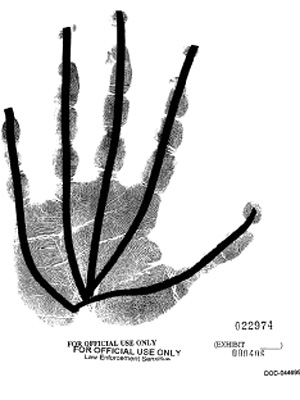Recovering Ourselves: Repairing the Damage of America's Post-9/11 Torture Program
Wednesday, January 11, 2012, 7 - 9pm
 With Jameel Jaffer, Larry Siems, Lisa Magarrell, Jack Saul, Joshua E.S. Phillips, and a video message from Estela Labron.
With Jameel Jaffer, Larry Siems, Lisa Magarrell, Jack Saul, Joshua E.S. Phillips, and a video message from Estela Labron.
PEN American Center marks the 10th anniversary of the arrival of the first 20 captives at Guantanamo Bay Detention Camp by mounting an event designed to explore the human cost of America’s post-9/11 torture program. What has been lost and what can we recover? Who has been harmed and how? How can we best undo the damage of torture? How much can be repaired?
This discussion that is meant to be part reflection, part brainstorming session will be moderated by Jameel Jaffer, Deputy Legal Director, ACLU. Panelists include Larry Siems, Director of PEN’s Freedom to Write Program and author of The Torture Report: What the Documents Say About America’s Post 9/11 Torture Program; Lisa Magarrell, director of program office at The International Center for Transitional Justice; Dr. Jack Saul, Psychology Professor at Columbia University and Director of the International Trauma Studies Program; and Joshua E. S. Phillips, author of None of Us Were Like This Before.
Tickets: $10 / Available online
Located in the Frederick P. Rose Auditorium, at 41 Cooper Square (on Third Avenue between 6th and 7th Streets)




